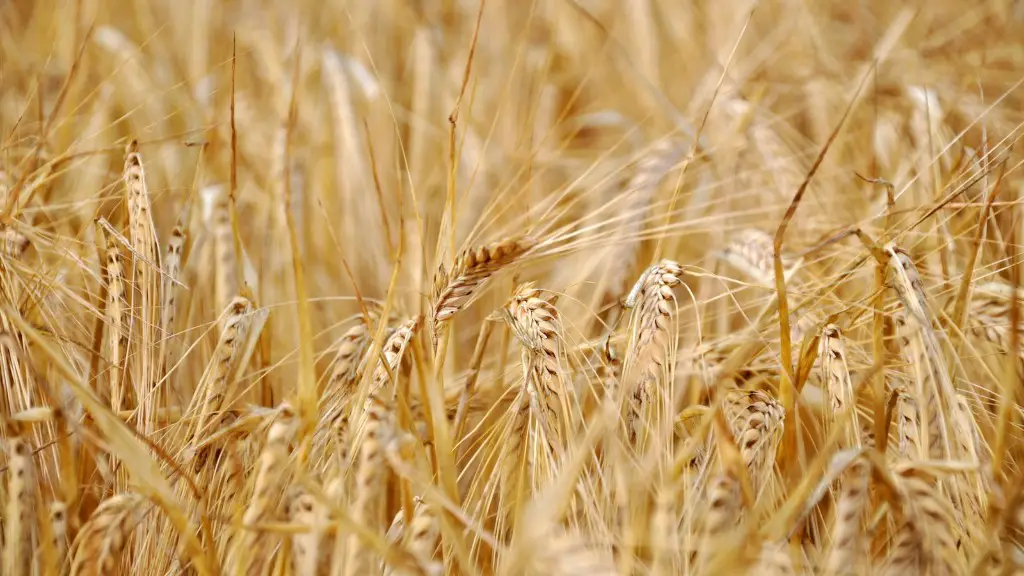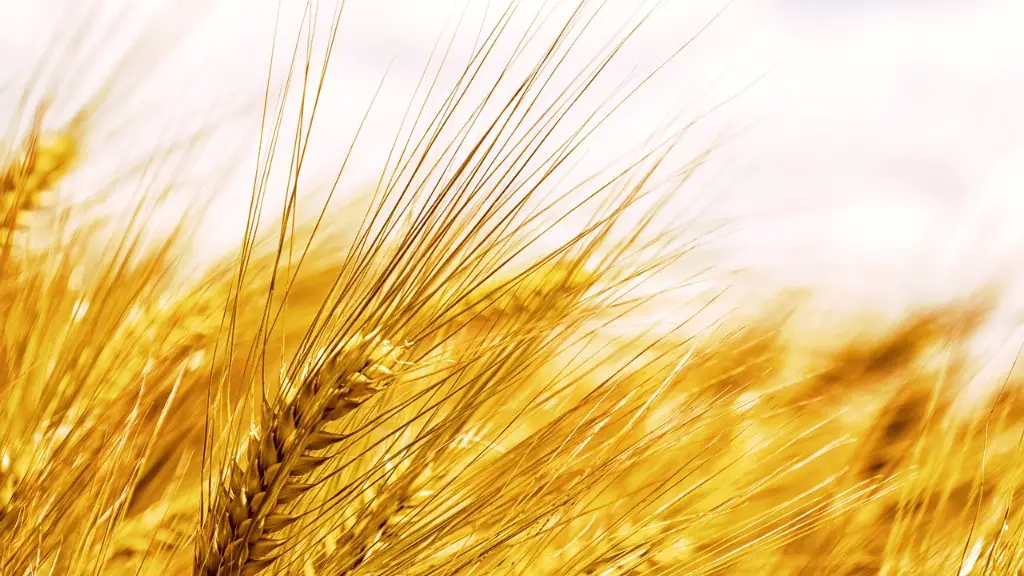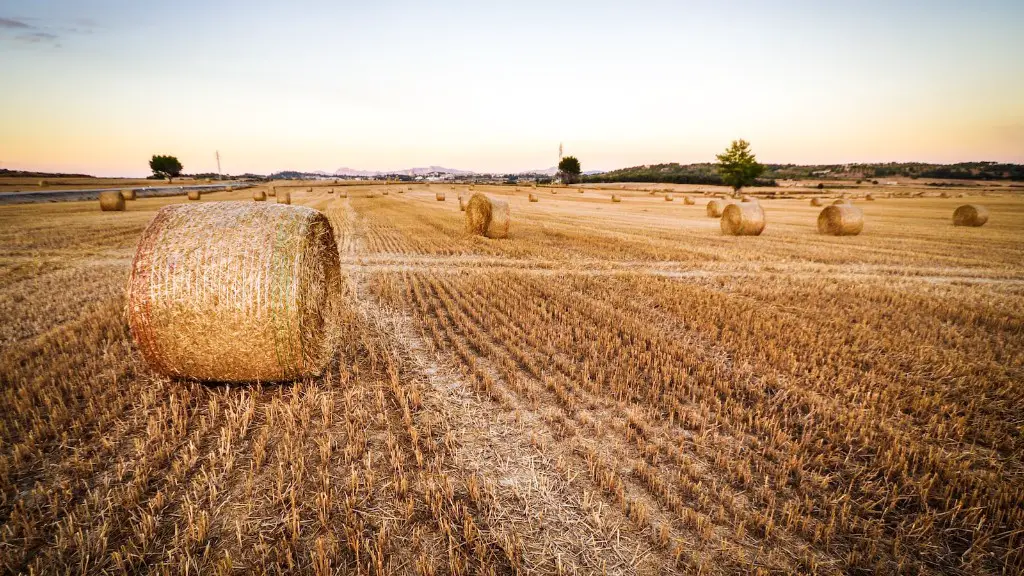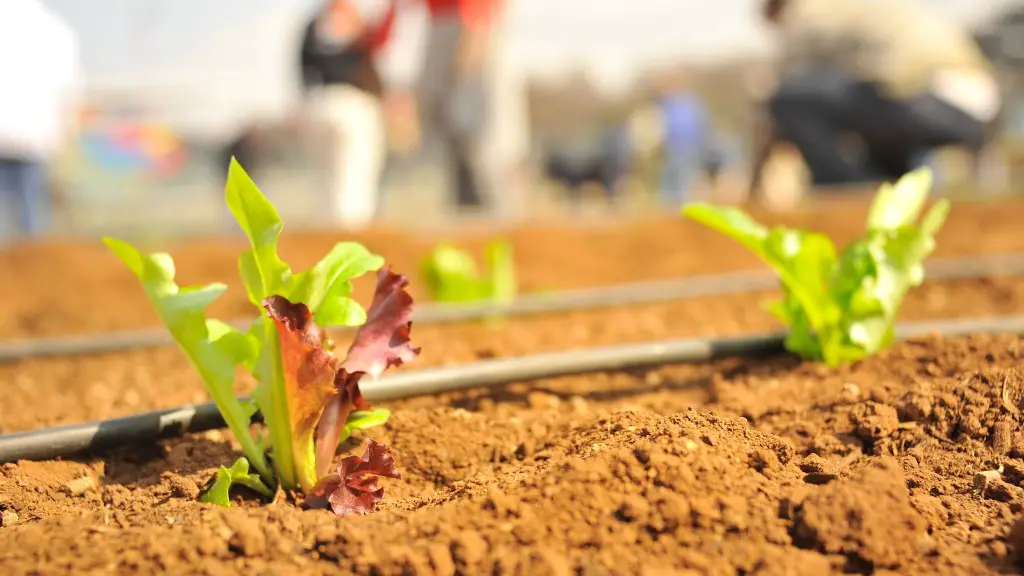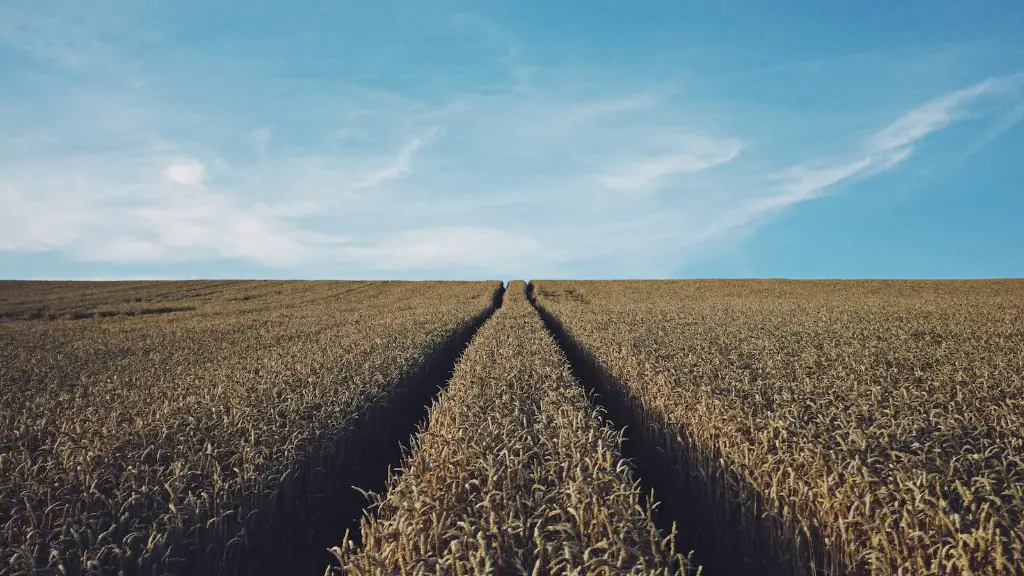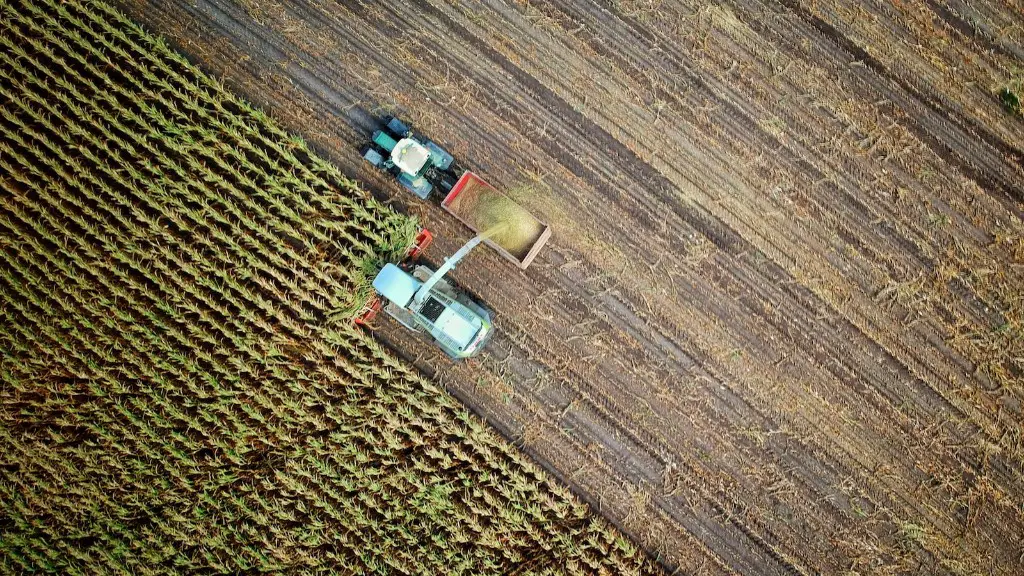Chemistry is very important to agriculture. Farmers need to know about the chemical composition of the soil and how to maintain the proper pH levels to ensure a good crop yield. They also need to understand how to effectively use fertilizers and pesticides. Without a basic understanding of chemistry, it would be very difficult to be a successful farmer.
Chemistry is related to agriculture in a few ways. The most obvious way is that chemistry is used to create pesticides and herbicides that are used in agriculture. Chemistry is also used to create fertilizers that help crops grow. Additionally, chemistry is used to test the soil to determine which nutrients it is lacking so that farmers can add the appropriate fertilizer. Finally, chemistry is used to create storage facilities for crops so that they do not spoil.
Does agriculture need chemistry?
Chemistry is a powerful tool that can be used to improve agricultural and environmental conditions, as well as to produce food. By understanding the chemical bonds between different molecules, scientists can develop new ways to improve plant growth, protect crops from pests and diseases, and create more efficient and environmentally friendly methods of food production.
The use of chemicals to promote the ripening of fruits or the germination of seeds is a common practice in the food industry. This is because chemicals can speed up the ripening process or the germination of seeds, which can help to improve the quality of the food. Food packaging has also advanced due to the material produced by advancements in chemistry. This is because the material can help to keep the food fresh for longer periods of time. Agricultural chemistry has also increased the diversity of the human diet and has led to the greater overall availability of food, both animal and plant. This is because agricultural chemistry can help to improve the yield of crops and the quality of livestock.
What is the most important contribution of chemistry in the fields of agriculture
The quality of soil is important for agricultural production. Agricultural chemists work on preserving the quality of soil and also improving the quality of the soil. Developing effective materials such as fungicides, insecticides, herbicides, and other pesticides can help improve the quality of soil.
Agricultural chemicals are used in agriculture to protect crops against pests, diseases and weeds. They can also be used to improve crop yields and quality. Common agricultural chemicals include insecticides, herbicides, fungicides, fertilisers and veterinary chemicals.
Is agriculture a branch of chemistry?
Agrochemistry is the study of the chemical composition of agricultural products and the use of chemicals in agriculture. It includes the use of chemical fertilizers, pesticides, and herbicides in agriculture. It also deals with the study of the chemical reactions that take place in the soil and how they affect plant growth.
Chemical materials play an important role in the production of food, feed, and fiber. They help to control pests, improve crop yield, and provide essential nutrients to plants and animals. While these products are essential for modern agriculture, it is important to use them responsibly to protect human health and the environment.
How chemistry has changed our life in agriculture and healthcare?
Pesticides have been found to be effective in the control of crop pests. They help to reduce the impact of pests on crops by 10%. Pesticides include fungicides, pediculicides, herbicides, biocides, and insecticides. These pesticides help to keep pests under control and reduce the damage they cause to crops.
Analytical chemistry has played a pivotal role in the advancement of agriculture. It has enabled the separation and identification of the components present in a given sample, which has led to a better understanding of plant and soil composition. In addition, analytical chemistry has helped to develop better production processes, and over the years it has also contributed to shaping practical agricultural procedures. This discipline continues to be essential for furthering our knowledge of agricultural systems and for improving food production.
Is organic chemistry used in agriculture
Organic chemists and farmers work together to develop pesticides that will protect plants from these nemeses yet keep the humans who eventually eat these plants (us) safe. By working together, they are able to come up with new and improved ways to keep our food supply safe and free from harmful pests.
There are a number of bachelor’s degrees that do not require chemistry, including the following:
-Bachelor of Arts in Economics
-Bachelor of Arts in Finance
-Bachelor of Science in Construction Management
-Bachelor of Arts in Accounting
-Bachelor of Arts in Marketing
-Bachelor of Arts in International Business
-Bachelor of Arts in Philosophy
-Bachelor of Arts in Culinary Arts
What subjects are needed to study agriculture?
Agriculture courses are designed to give students a strong understanding of both the natural and social sciences, as well as biology, environmental sciences, chemistry, economics, and business and management. This interdisciplinary approach is essential for careers in agriculture, as it allows students to gain a broad understanding of the field.
There are a few different subject combinations that can be taken in order to study agriculture at a tertiary level. Our UTME subject combination for agriculture is Chemistry, Biology/Agriculture and either Physics or Mathematics. This particular combination will allow students to cover all of the necessary bases in order to have a strong understanding of the subject matter.
What are five careers that require chemistry
A chemistry degree is a great start for a variety of careers, such as an anesthesiologist, assayer, astrophysicist, ballistics expert, biochemist, cardiologist, chemical analyst, and chemist. With a degree in chemistry, you will have the skills and knowledge to pursue any of these exciting careers.
The average Grade Point Average (GPA) of students in the Chemistry program is the highest of all the majors, making it the hardest major. A Chemistry major overlaps somewhat with biology, but chemistry extends beyond living things. Chemistry focuses on the composition of matter, including all structures, properties, and reactions.
Can I get into med school without chemistry?
Most medical schools require a minimum of one year each of biology, physics, chemistry, and organic chemistry, with accompanying labs. Additionally, many schools require a year of college-level mathematics and English. Whether you have completed all of these courses prior to applying or are still completing them during your gap year, make sure you have a solid understanding of the material before taking your MCAT. A strong foundation in these sciences will not only help you perform well on the MCAT, but will also better prepare you for the rigors of medical school.
The 16 Easiest College Majors – 2023 Rankings include Psychology, Criminal Justice, English, Education, Religious Studies, Social Work, Sociology, Communications, and more. These are great majors for students who want to make a difference in the world and help others.
Warp Up
The two disciplines are related in a few ways. First, both chemistry and agriculture deal with the land and its resources. Second, both fields use science to improve their practices. Finally, both agriculture and chemistry rely on each other to create a more efficient process.
Chemistry is related to agriculture in a few ways. First, many of the products that are used in agriculture are created using chemistry. This includes things like pesticides and fertilizers. Secondly, soil science, which is a branch of agriculture, heavily relies on chemistry. The study of soil and how to improve its fertility involves a lot of chemical analysis. Finally, food science, which is another branch of agriculture, also relies heavily on chemistry. Food science is the study of the chemical properties of food and how to improve them.
